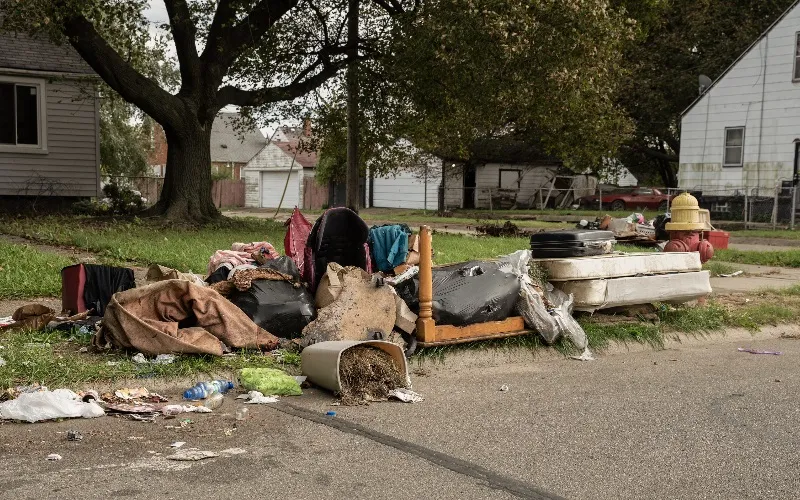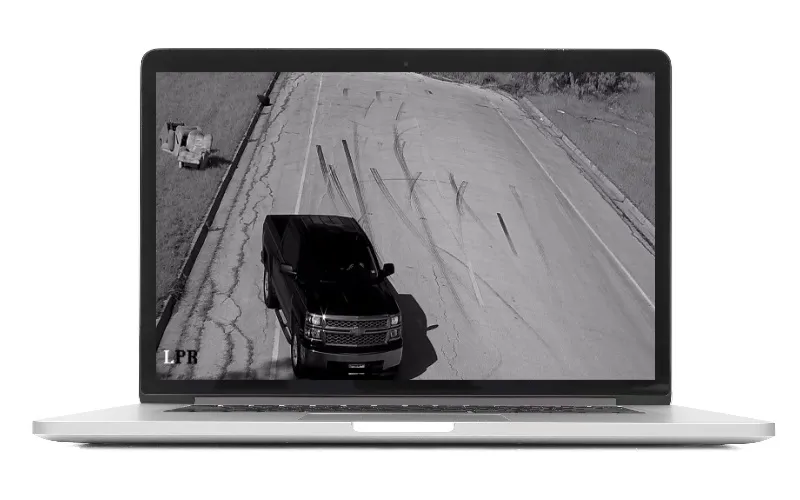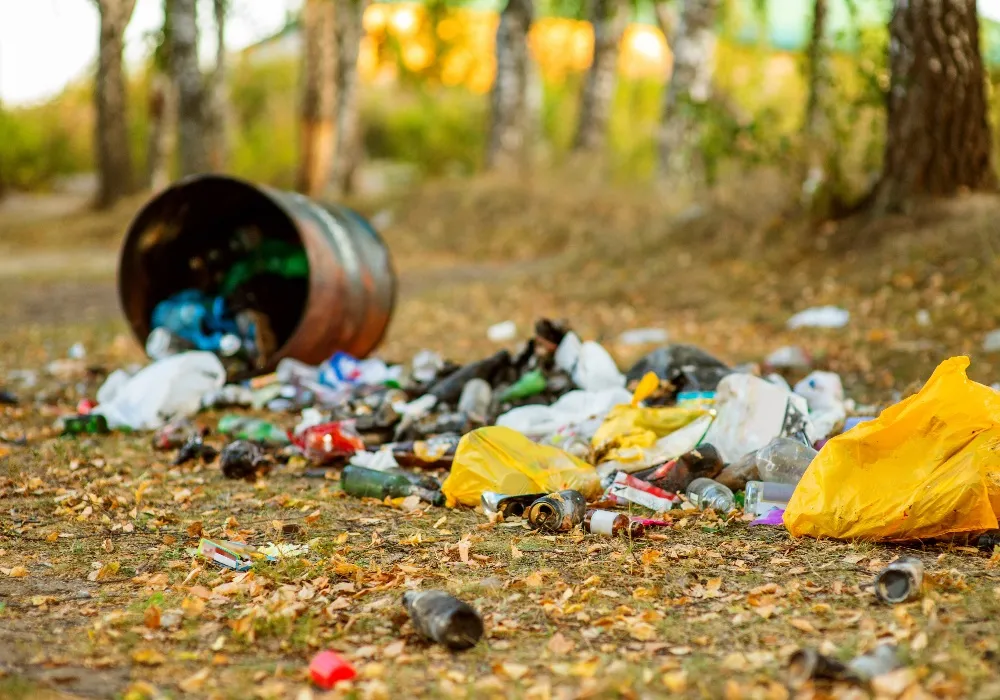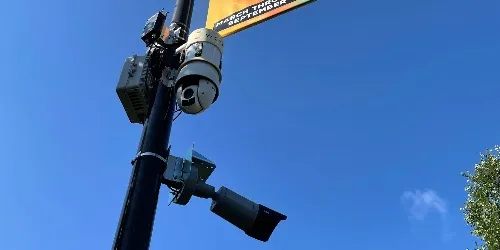Illegal dumping has become an increasingly serious problem throughout the United States. WCCTV explores its impact, and ways to mitigate against it.
How Does Illegal Dumping Damage the Environment?
Illegal dumping has become an increasingly severe problem throughout the United States. It affects both urban and rural areas, worsening due to the sheer volume of waste we produce as a society.
Over 1.5 million tons of illegal waste are dumped yearly in the US, and the COVID-19 pandemic has only added to the problems.
Cleaning up unsightly, hazardous dumping sites is mandatory for governments because of their health risks, the environmental damage they cause, and the blight they put on the community.
Below, WCCTV examines the impact of this crime and outlines ways to mitigate it.
What Is Illegal Dumping?
Illegal dumping, also known as fly dumping or fly-tipping, involves the unauthorized disposal of commercial or residential waste.
Although the classification of illegal dumping varies from state to state, it typically involves one of the following:
-
Dumping of waste onto a public or private property that is not licensed or permitted to receive it
-
Dumping trash, without a license or permit, into sewers or waterways
-
Allowing someone else to engage in either of the above activities on your behalf
That means illegal dumping can be performed by an individual perpetrator or as part of an organized trade in illegal dumping services.
Even registered and reputable waste disposal firms have cut corners and saved costs by illegally dumping.

What Causes Illegal Dumping?
Aside from the fact that we are creating more waste than ever before, there are several key reasons why people engage in illegal dumping.
Offenders typically seek to avoid the cost and inconvenience of proper waste disposal, with little regard for the consequences; however, other causes include:
-
Lack of access to legal means of waste disposal
-
Lack of understanding of waste disposal/recycling processes
-
Profiteering from illegal dumping
Perhaps most troubling is that it's suggested that people illegally dump because they won't get caught and because the punishments are relatively lenient.
Punishments vary from state to state, though. States that take a stricter approach will impose fines of up to $25,000 on those engaged in high levels of illegal dumping, and repeat offenders may even face prison.
What is the Impact of Illegal Dumping?
Illegal dumping has several lasting impacts on our communities, the environment, and taxpayers burdened with the cost of expensive cleanup operations.
Some key facts on the impact of illegal dumping include:
-
Illegal dumping decreases property values in surrounding communities - source
-
billions are spent across the country every year on cleanups resulting in increased property taxes and service charges - source
-
illegal dumping has been linked to illnesses such as asthma, respiratory diseases, headaches, and nausea - source
-
80% of ocean pollution comes from inland disposal - source
How Can Illegal Dumping Be Prevented?
There are several steps businesses, communities, governments, and law enforcement can take to help fight back against illegal dumping.
If you own a commercial or private property, including a parking lot, that has been targeted for illegal dumping, the following measures will help to shield against future incidents:
-
Identify blind spots that could be targeted for dumping
-
Keep your property well-lit
-
Put up "No Trespassing" signs or surveillance camera signs
-
Lock dumpsters overnight
-
Report illegal dumping to law enforcement as soon as you notice it
Mobile Surveillance Cameras for Illegal Dumping Prevention
WCCTV's Pole Cameras allow for directly targeting locations associated with illegal dumping.
They help government, law enforcement, and business owners gather vital evidence and act as a visual deterrent to deter potential offenders.
Once the issues in the target area have been addressed, WCCTV's mobile cameras can be moved to other locations where surveillance is required.
To enhance the camera's effectiveness at fighting illegal dumping, they can be supplied with edge video analytics and LPR cameras to capture clear images of license plates.

*illegal dumping caught on WCCTV LPR camera (license plate redacted)
The LPR cameras connect directly to a nationally hosted license plate data server to allow immediate identification of offenders.
Finally, a WCCTV pole camera doesn't just record fly-tipping incidents; when fitted with a blue light alarm or audio address system, it can proactively catch illegal dumpers in the act and issue an immediate warning - preventing the crime from happening.
Want to reduce illegal dumping at your properties or in your community? Speak to WCCTV's surveillance experts today to see how we can help - 877 805 9475 or sales@wcctv.com


